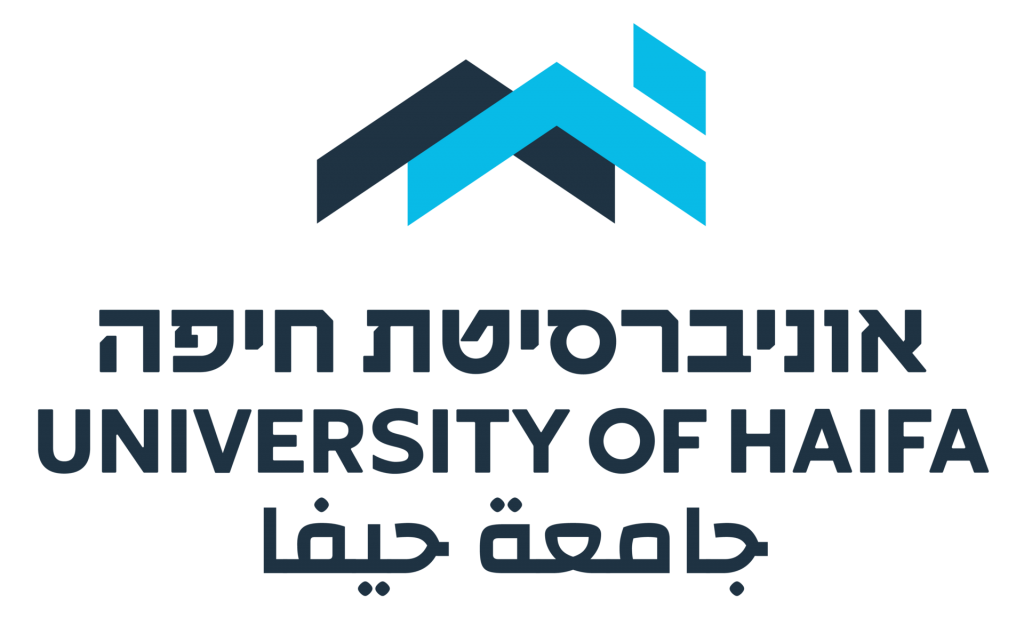The Role of Sleep in Mediating Memory Consolidation in Young Adults with ADHD
The National Institute for Psychobiology in Israel funding 2025-2027
Attention-Deficit/

